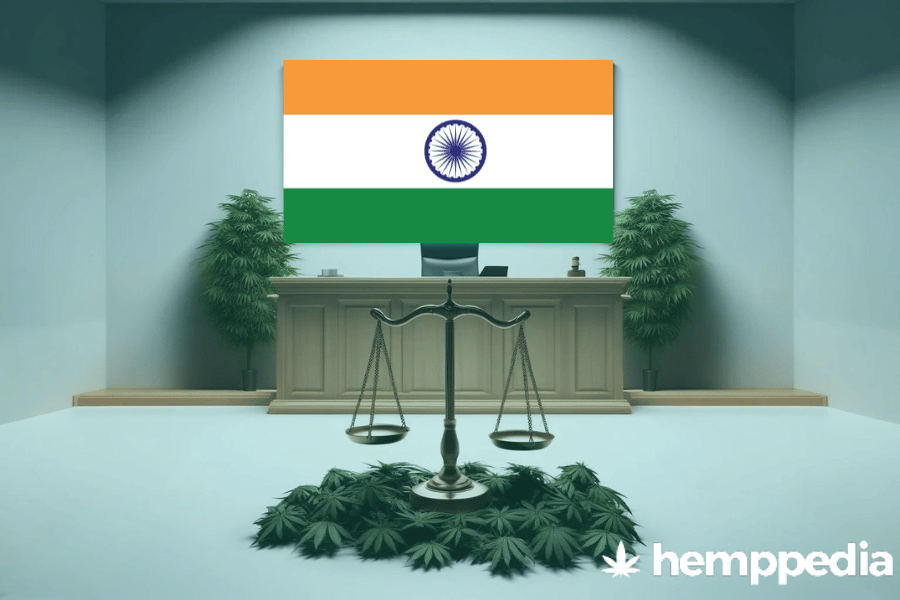Is CBD Legal in India? Key Points and Analysis
As we navigate the evolving legal landscape surrounding cannabis and its subsequent products across the globe, it’s essential to delve into the specifics in each region. This article aims to provide an all-encompassing view of Cannabidiol’s (CBD) legal status in India, its historical context, and the accompanying rules, enforcement, and penalties.
1. TL;DR
The legal terrain concerning CBD in India is a grey area. Whilst the consumption of THC-rich cannabis is generally illegal, CBD obtained from the hemp plant – containing less than 0.3% THC – is permissible. This leniency is due to CBD’s non-psychoactive properties and proposed health benefits, distinguishing it from other cannabis-derived substances.
| CBD aspect | Legal Status |
|---|---|
| Usage | Restricted |
| Possession | Legal with restrictions |
| THC distinction | Legal if THC content less than 0.3% |
2. Overview of CBD Legislation
Key Definitions
- CBD (Cannabidiol): A non-psychoactive compound derived from the cannabis plant with potential health benefits.
- Hemp vs. Marijuana: Both are varieties of the Cannabis Sativa plant species. Hemp contains large amounts of CBD and low amounts of THC, whereas Marijuana has high THC content.
- Full Spectrum vs. Isolate: Full-spectrum CBD includes all constituents of the cannabis plant, while CBD isolates contain only CBD.
Legal Status in India
India’s narcotics law – The Narcotic Drugs and Psychotropic Substances Act, 1985 (NDPS) – does not distinguish between hemp and marijuana. However, Article 2(ix)(v) permits cannabis fibers and seeds to be considered separate from the cannabis plant, legalizing hemp-derived CBD products with less than 0.3% THC.
Regulatory Bodies and Conditions
The Central Bureau of Narcotics (CBN) and state governments have the authority to oversee CBD regulation in India. To lawfully cultivate hemp, specifications such as approved seeds and robust THC testing are required.
3. Historical Context
India has a long history with cannabis, dating back to 2000 BCE. 20th-century global stigmatization led to the banning of cannabis cultivation in 1985. Only in 2017, Uttarakhand became the first Indian state legally to permit hemp cultivation.
4. Possession, Use, Cultivation and Sales
In India, CBD product sales, usage, and possession are governed by specific regulations. However, cultivation is allowed only with government approval, given THC content limitations.
5. Enforcement and Penalties
Failing to adhere to CBD regulations can lead to penalties including imprisonment and fines. However, due to the restricted use of CBD medication, enforcement is not as stringent for medical use.
6. Comparative Analysis
Compared to other countries, India’s legal stance on CBD is moderate. Its laws are less restrictive than Asian countries like China but are more conservative than regions like North America, where CBD has been widely legalized.
7. Conclusion
India’s laws surrounding CBD are a blend of traditional acceptance and global influence. The enforcement and penalties for non-compliance reflect the nation’s caution in managing the potential societal consequences. However, with growing global recognition of CBD’s health benefits, we may expect this legal landscape to evolve.





